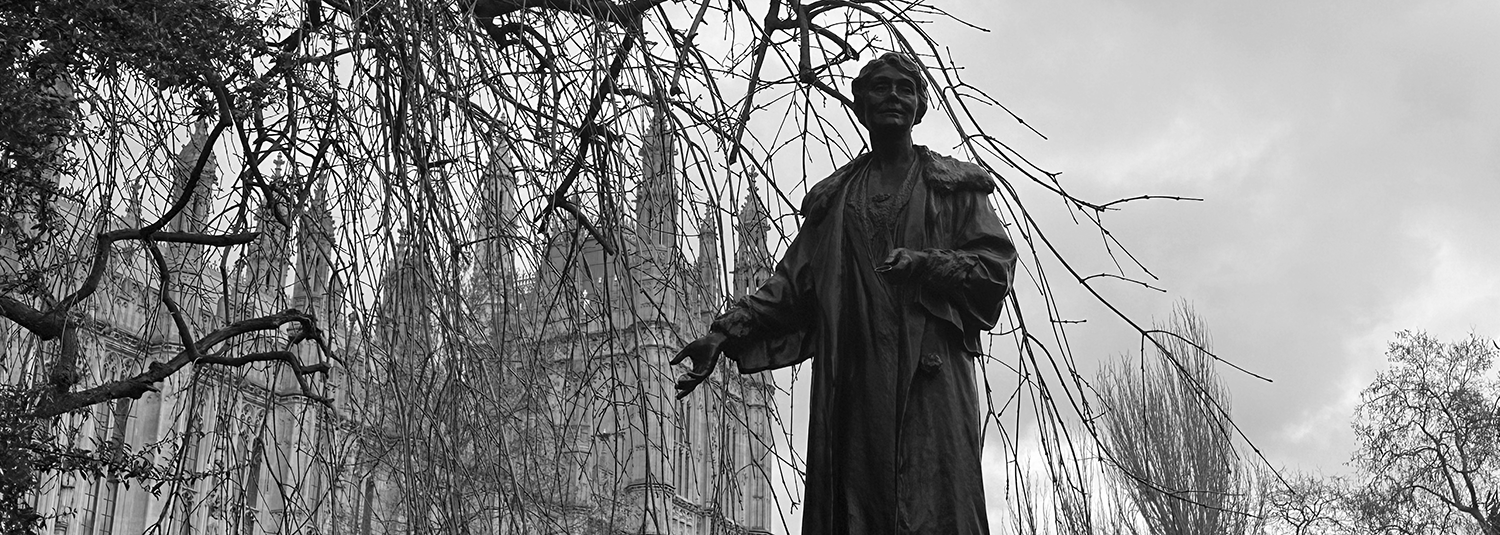I used to curate a writers’ resource website that included a modern poetry anthology section and I received all sorts of poetry submissions from visitors to the site. Exercising my sweeping editorial powers, I rejected most of them out-of-hand as they simply didn’t appeal to me.
I realised, then, that I would have to draw up some editorial guidelines about what I look for in contemporary poetry. Now, having been asked to judge the South Warwickshire Literary Festival poetry competition in 2025, it seemed a good time to go back to those guidelines and see if they’ve stood the test of time, or if they needed updating.
What follows is the result: an updated review of what I think poetry is and what techniques and elements I think matter. It’s entirely personal and no doubt not all poets would agree with me about all – or perhaps even any – of the following.
Before we get going, though, I’ll just offer a definition of poetry that seems to sum things up for me. There are many, many definitions out there that capture some of the aspects of poetry, but my favourite is this phrase from Phil Roberts:
“the most complex and 'adult' word-game of all: the poem.”
The point being, I suppose, that I think good poetry is often clever or witty – an intelligent word game that needs skill and understanding to master.

Things that I like
The ‘right’ vocabulary
A specific word choice can make or break a poem. And that word can be right or wrong, not just because of its meaning, but because of the context, its rhythm, its register, its connotations, its sound…
I like specific terminology, words that work hard for their right to be included. But that doesn’t mean obscure or pretentious words – like Mark Twain, I’d rather a 50 cent word than a five dollar one. But if you’re writing a poem about a cobbler, I’d expect to find some shoe-maker’s jargon. Unless of course, there was a good reason not to include it.
Sound devices
By this I don’t mean full end-rhyme – which I often find intrusive or simplistic, especially when the lines are end-stopped – but all the sonic elements of language: alliteration, assonance, consonance, full rhyme and half rhyme.
One problem with full end-rhyme is that it is all too often necessary to choose the second best word because it rhymes or to force the word order into something twisted and contrived simply so the rhymed word comes in the right place. Most of us are guilty of doing this at times: there are plenty of pieces in my own files where I have done just that, but these poems are not likely to appear in public unless I can improve them. The rhyme or sound device should be there subtly: it shouldn’t be contrived or dominating in any way.
Meaningful line breaks
Line breaks matter. Words that land on the end of a line, and words that you use at the beginning of the line are more visible on the page because of their position. There needs to be a reason for them to warrant that focus.
Personally, I like playing with the ambiguities that careful line breaks can create. If you can add an extra interpretation of a phrase by moving the break, I think it’s worth considering.
Traditional grammar
While I agree that poetry doesn’t need to conform to perfect prose grammar, I see no need for awkward ‘poetic’ inversions, or the use of archaic forms unless they add something to the poem.
Punctuation
I like good (helpful) punctuation that works in conjunction with the line breaks. This is often almost the same as prose punctuation, though it can be a touch lighter. In particular, in my own poems, if a comma would be needed at the end of a line, I give careful consideration to whether the line break can provide sufficient pause without the additional punctuation.
Traditional capitalisation
I was brought up on poetry where the initial word of every line was capitalised, but I now feel that this is somewhat antiquated and it can hinder and confuse the reader. In my own writing, I tend to use capitals to indicate the start of a new sentence.
Ambiguity
I like words I can read in two ways (where both reading ¡s are relevant, rather than distracting) and line breaks that encourage deeper thought. Germanic-root words are often more flexible than Latin ones – “rage”, for example, can be a noun or an imperative verb, and by careful positioning such words can add a dimension to a poem.

Things that I don’t like
Bad scansion
However “light” the subject matter or the approach, if you are writing metrical poetry, I believe it should be carefully constructed. This doesn’t mean that you can’t have occasional variations to the metrical pattern – in fact these are probably necessary to keep the reader’s interest as strict meter can easily become doggerel if badly handled. But it’s always worth asking someone else to read your work (and read it aloud) to see if they trip over problem lines which you haven’t noticed because you know what to expect.
Careless mistakes
Bad spelling and typos are easily introduced by fumbling fingers and autocorrect. But if you don’t proofread your work, why should I give it any time? You obviously don’t care. Why should I? And always check your apostrophes: wrongly used “it’s” is one of my pet hates – mainly because it has taken me so long to (mostly) drive it from my writing!
End stops
Well, too many end stops. If every line of your poem corresponds to a complete phrase it’s hard to build up any kind of momentum or atmosphere for your reader.
Formal vocabulary
Obviously it depends on the poem, but the register of the vocabulary should correspond to the subject matter and handling. If your narrator is a 19th century lawyer, I’ll expect the words to sound formal, but in general, anything that you wouldn’t actually say yourself probably needs to be looked at again to see if it really is the right way to express your ideas.
Clichés
Phrases become clichés because they express what we all feel. But in poetry they are often facile or lazy: perfume has a tendency to linger, faces are pale, tears cascade etc. Try and think of a new way to describe things. Or of new things to describe.
Telling not showing
I want to see, hear, smell, taste and touch what’s happening in the poem. Don’t simply tell me you’re unhappy or in love: I want to know how that makes you feel.
Personal journal entries
There’s nothing wrong with writing about how you feel about the things that happen to you in real life. However, for me to consider that this is poetry and not simply something for your personal diary, you need to be showing me that it has a greater relevance: that it’s not just about you. This is particularly important if you want to put your work out in public: I want to relate to what you’ve written and I want to feel that I can criticise or comment on the poem without upsetting you because it’s your personal story.
Big subjects
Unless viewed from the perspective of a small instance, big subjects – Love, Life, Peace, Death etc – are very hard to write about successfully. The tendency is to write in clichés as it’s so difficult to find something real to say about such big abstractions. If you can find a small incident which illustrates a big concept you will probably write a far better poem.

Things that I question
Single word lines
These can be successful, but should be used with care. Is that word really so important it can carry the weight of being at both the beginning and the end of a line?
Lowercase “i” as a pronoun
All too often this is just an affectation. And it’s an affectation that doesn’t appeal to me.
Ellipses
Used properly, the ellipsis (…) indicates that something is missing or that a list is unfinished. It’s similar to “etc.”. Too often, novice poets use them to indicate a pause.
“Clever” layouts & formatting
For me, poetry is aural and oral rather than visual. This means that although presentation (centring on the page, for example) can add to the effect, the poem needs to stand alone without it. When a poem is read aloud, the line breaks will have an effect on the pausing and intonation, but there is no way of indicating the sound of a centred poem.
Frequent line-end punctuation
Line breaks and punctuation should work together. Sometimes a punctuation mark would be required in prose but may be omitted in verse because the line breaks can serve the same purpose.
Adjectives
Well, of course you can use adjectives. But choose them carefully. Adjectives tend to weaken the nouns they are attached to. One is almost always sufficient. The same is true of adverbs.
An excess of grammar words
By grammar words, I mean articles, pronouns, etc. While I’ve stressed that I like standard grammar and punctuation and I think it’s important that the final text is understandable, sometimes in poetry we can omit words that would be needed in strict prose. It’s similar with continuous form (“ing”) verbs, which tend to be less immediate than their simple counterpart. Saying, “the dog barks” rather than “the dog is barking” can help to remove a piece from being the description of a specific occurrence and make it seem more atemporal.
—------------
The above are simply thoughts about my personal preferences and I can still enjoy poetry which directly contravenes almost all the points. When that happens, it’s because the poem has something else to offer, or because the poet has used the techniques that I am not fond of so skillfully and effectively that it overcomes my prejudices.



Comments ()